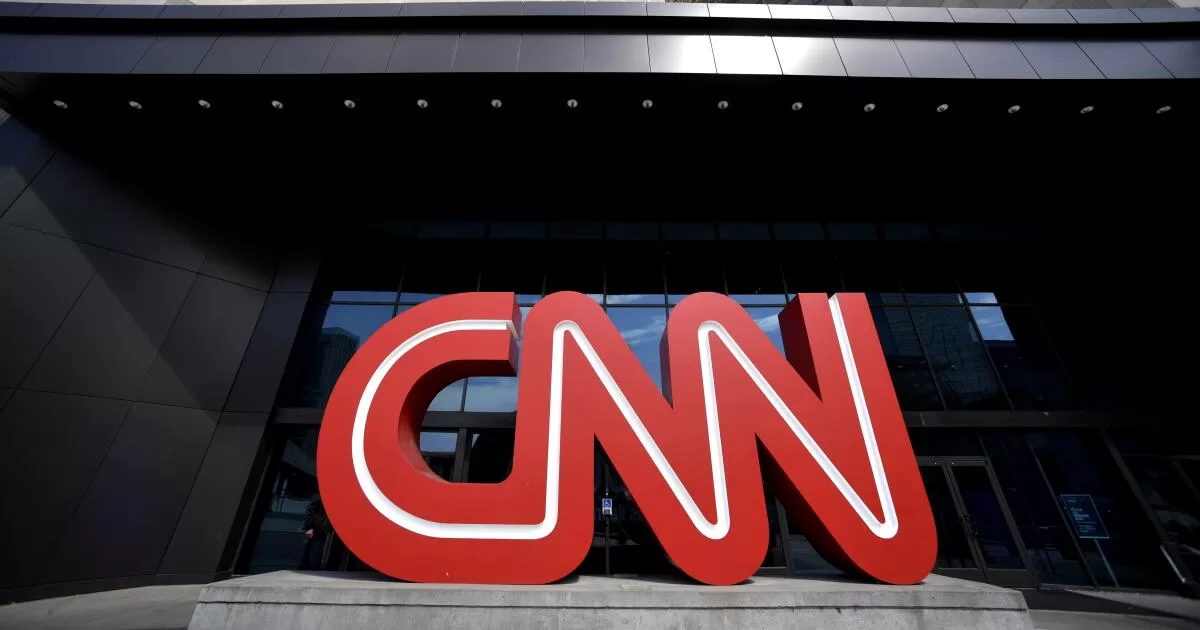CNN could soon land in a Florida courtroom as it faces a defamation lawsuit from a security contractor who took payments to evacuate people out of Afghanistan after the U.S. military’s 2021 withdrawal.
The contractor, Zachary Young, was included in a November 2021 segment on war profiteers charging high prices to assist people in fleeing Afghanistan after the U.S. exited. The report used the term “black market” in an onscreen graphic and in a spoken introduction, which Young says falsely portrayed his activities as illegal.
The term was removed from the web version of the story after Young complained, and CNN issued an on-air apology, clarifying that he was not involved in illegal activity.
But Young, a Navy veteran, asserts that the story’s global exposure on CNN’s channels and digital platforms damaged his reputation and destroyed his Florida-based consulting business, Nemex Enterprises, which served multinational corporations.
A photo of Young appeared onscreen above a graphic that read, “Afghans trying to flee Taliban face black markets, exorbitant fees, no guarantee of safety or success.”
The case has been winding through the legal system for two years. A Florida appeals court ruled in June that there was enough evidence of negligence and actual malice by CNN to allow Young to seek punitive damages from the network.
Settlement talks hit an impasse. On Monday, Judge William Henry Scott ruled that Young did not act illegally, but held off on deciding whether the term “black market” in the story implied criminality.
A two-week jury trial has been scheduled for Jan. 6. If it goes forward, CNN’s journalists and producers will have to give public testimony on the internal workings in the news organization, some of it potentially embarrassing.
Evidence in the case includes text messages from CNN journalists describing Young as a “s—bag” and “a-hole.” There was also a text that said “we gonna nail this Young mf—.”
There are also emails from editors raising questions as to whether the story was ready to air. (The segment got approved after going through the network’s vetting process).
CNN will also be asked to present financial data dating back to 2021. The network is owned by publicly held Warner Bros. Discovery, but information on the unit’s business performance is not broken out in earnings reports.
Right-wing media watchdogs and commentators have seized on the case as evidence that CNN and other mainstream outlets are not to be trusted.
CNN declined to comment on the matter. In a court filing, the network said the segment presented “only what it knew to be true.” CNN never described Young’s activity as illegal and argued that the term “black market” was used to describe an unregulated system to get Afghans out of the country, according to court filings. The network also argued, unsuccessfully, that Young’s actions violated Taliban law and it was thus accurate to use the phrase.
The 2021 report by CNN chief national security correspondent Alex Marquardt said private operators were charging exorbitant sums to Afghans desperate to leave their country after the U.S. withdrawal. Many of those looking to leave believed they were in danger of being targeted by the Taliban, the report said.
Marquardt’s only named example of such an operator was Young, who advertised that he could facilitate evacuations from Afghanistan online to American and European multinational corporations and nongovernment organizations.
The story cited posts by Young on LinkedIn that said he charged $75,000 for a car from Kabul to Pakistan and $14,500 for flights to the United Arab Emirates.
Young never spoke to CNN on the phone but told the network in a text that he asked Afghans who wanted to leave to have sponsors cover them.
CNN said in one court filing that concerns editors expressed about the story “had to do with their perception of the quality of the journalism,” not its accuracy. The company also argued that harsh language about Young in internal messages by its journalists does not demonstrate that they purposely published false information.
“Few things are more common in newsrooms than journalists using tough and indignant language to refer to persons whose misdeeds they believe they are in the process of exposing,” CNN attorneys said in a court filing.
In 2020, CNN settled a lawsuit filed by Kentucky high school student Nicholas Sandmann, who was at the center of a viral video controversy. The lawsuit said CNN falsely accused Sandmann and other students of “engaging in racist conduct” after a rally.
Several conservative media outlets have settled defamation cases related to false voter fraud claims made during the 2020 presidential election, including $787 million paid by Fox News to Dominion Voting Systems.
